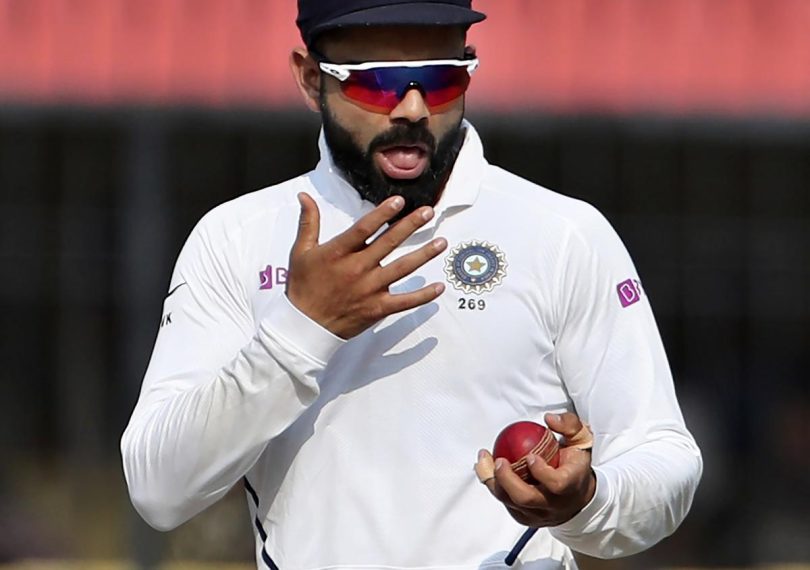The use of saliva to polish the ball was on September 20, 2022 banned permanently as the ICC announced a slew of changes to its Playing Conditions, which will come into effect on October 1.
The game’s governing body also changed running out of the non-striker by the bowler from the ‘Unfair Play’ section to the ‘Run out’ section.
The changes were announced after the Chief Executives’ Committee (CEC) ratified recommendations made by the ICC Cricket Committee, led by former India captain and BCCI president Sourav Ganguly.
The ICC had earlier barred use of saliva to shine the ball in view of the COVID-19 pandemic and the Custodian of cricket laws, the Marylebone Cricket Club (MCC) in March had completely banned its application in its amendments to the 2022 code.
“This prohibition has been in place for over two years in international cricket as a Covid-related temporary measure and it is considered appropriate for the ban to be made permanent,” the ICC said in a statement.
Regarding the position of the new batter at the crease when his teammate is caught, the ICC said: “When a batter is out Caught, the new batter will come in at the end the striker was, regardless of whether the batters crossed prior to the catch being taken.” The game’s governing body also said that “an incoming batter will now be required to be ready to take strike within two minutes in Tests and ODIs, while the current threshold of ninety seconds in T20Is remains unchanged.”
Regarding run-outs at the non-striker’s end, the ICC said the playing conditions will follow “the Laws in moving this method of effecting a Run out from the ‘Unfair Play’ section to the ‘Run out’ section.”
Earlier, running out a non-striker for backing up too much was considered unfair but such dismissals have often triggered heated debates on the spirit of the game with several players such as off-spinner Ravichandran Ashwin advocating for it as a fair mode of dismissal.
Among other changes to the Playing Conditions, the ICC said some part of the striker’s bat or person has to remain within the pitch and “should they venture beyond that, the umpire will call and signal Dead ball.”
“Any ball which would force the batter to leave the pitch will also be called ‘No ball’,” it said.
The apex body also said, “any unfair and deliberate movement, while the bowler is running in to bowl, could now result in the umpire awarding five penalty runs to the batting side, in addition to a call of Dead ball.”
In another change, the practice of bowlers throwing the ball towards striker’s end before delivery in an attempt to run-out the batter will not be considered now.
“Previously, a bowler who saw the batter advancing down the wicket before entering their delivery stride could throw the ball to attempt to Run out the striker. This practice will now be called a Dead ball,” he said.
In another major decision, ICC said the penalty of having one fielder less outside the 30-yard circle in T20s if teams fail to keep up with the scheduled time and are guilty of slow overrate will now be adopted in ODIs as well.
“The in-match penalty introduced in T20Is in January 2022, (whereby the failure of a fielding team to bowl their overs by the scheduled cessation time leads to an additional fielder having to be brought inside the fielding circle for the remaining overs of the innings), will now also be adopted in ODI matches after the completion of the ICC Men’s Cricket World Cup Super League in 2023.”
“I was pleased with the productive contribution of the Committee members which resulted in key recommendations being made. I thank all members for their valuable input and suggestions,” Ganguly said.







